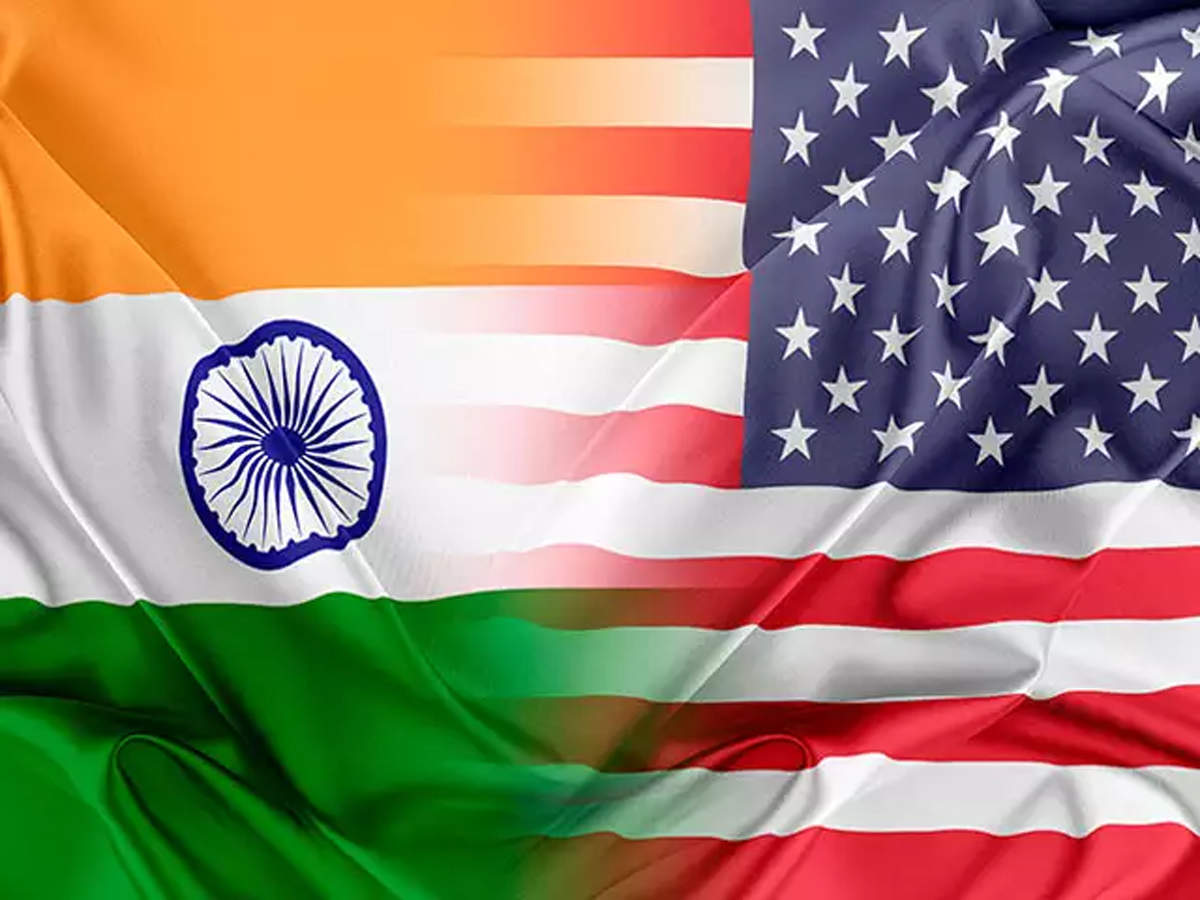NEW DELHI: India has decided to raise import tariffs on 29 goods from the US after having deferred retaliatory higher duties multiple times since announcing them in June last year, said people with knowledge of the matter.
The move also follows the US abruptly ending preferential tariffs for some Indian exports earlier this month. Such a move, if implemented, will be taking place just ahead of meetings between US President Donald Trump and Prime Minister Narendra Modi at the G20 summit on June 28-29 in Osaka. Also coming up later this month is a visit by US secretary of state Mike Pompeo to India for bilateral talks with counterpart S Jaishankar. Pompeo said on Thursday that the US was open to discussions on the Generalized System of Preferences (GSP).
Higher duties have been proposed on apples, walnuts, chickpeas, lentils, boric acid and diagnostic reagents. The move, which was triggered by the US announcing higher tariffs on Indian steel and aluminium last year, was deferred multiple times in view of the trade dialogue between the two countries.
“There will be no further extension of the retaliatory tariffs,” said an official aware of the development, adding that the commerce department and external affairs ministry are on the same page on the decision.
Trump has repeatedly called out India for its high tariffs, even though the two countries have developed close political and security ties, often citing levies on Harley Davidson motorcycles. India had in fact cut customs duty on motorcycles to 50% from 100% in 2018 after Trump raised the issue.
US commerce secretary Wilbur Ross on Thursday asked New Delhi to remove restrictive market access barriers for American companies. The issue of retaliatory tariffs was also discussed between commerce and industry minister Piyush Goyal and US Ambassador to India Kenneth Juster ten days ago.
India has also taken the US to the World Trade Organization (WTO) dispute settlement mechanism over the imposition of import duties on steel and aluminium. India’s exports to the US in FY19 amounted to $52.4 billion, while imports were worth $35.5 billion.
The US is currently jockeying for support on the world stage to block Chinese telecom giant Huawei and isolating Iran, two quarrels in which India’s stance will be critical, experts said. The proposed retaliatory tariffs to the tune of about $200 million are to be imposed against the US plan to levy 25% and 10% tariffs on certain steel and aluminum imports, respectively. Though the US temporarily exempted several countries from the tariffs, pending negotiations on potential alternative measures, there was a stalemate on talks with India.
While the import duty on walnuts is likely to be raised to 120% from 30%, that on chickpeas, Bengal gram and masoor dal could be hiked to 70% from 30%. India ranked third as a destination for US apple exports in 2017, purchasing $97 million of US apples, or 10% of total exports, as per the US government data.
When India first announced these tariffs on June 20 last year, it included Harley Davidson motorcycles. However, these were excluded later. The current deadline on the retaliatory tariffs expires on June 16. Officials said that though there is no Section 301 probe at present but that threat looms. Section 301 of the Trade Act of 1974 gives the US Trade Representative broad authority to respond to a foreign country’s unfair trade practices. The statute includes authorisation to take actions that are within the President’s power with respect to trade in goods or services, or any other area of pertinent relations with the foreign country.
TRADE PACT
While officials and experts have ruled out the move as signalling the start of a trade row with the US, they said it may lead to Washington seeking to persuade Delhi to sign a bilateral trade pact, which is in line with the Trump administration’s doctrine. The US may also seek other concessions.
“This is not a trade war but it seems the US wants to make India sign a trade pact. It also wants to extract concessions on ecommerce,” said the official cited above.
India prohibits ecommerce companies with foreign direct investment (FDI) from selling products via firms in which they have an equity interest. It also bars them from making deals with sellers to sell exclusively on their platforms. The policy change of December 2018 had a direct bearing on Amazon and Walmart-owned Flipkart. Washington has also flagged its concerns on India’s draft ecommerce policy on data localisation requirements, restrictions on cross-border data flows, transfer of intellectual property and proprietary source code, and preferential treatment for domestic digital products. Early this month, Washington announced the termination of preferential tariffs to $5.6 billion worth of Indian exports after determining that it has not assured the US that it will provide "equitable and reasonable access to its markets”. This marked the end of the trade package that the two sides were discussing to resolve their issues.
Commerce and industry minister Piyush Goyal has said that the US ending the GSP was not “a matter of life and death” for exporters, though some of them may have been hit. The Department of Revenue is expected to soon notify the tariffs before the deadline ends. Experts said the move is good signalling from India but urged caution in responding to increased pressure from the US.
Published On : 15-06-2019
Source : Economic Times

